Remember that you will die
It's time for us to revive memento mori, the practice of remembering death

A free daily email with the biggest news stories of the day – and the best features from TheWeek.com
You are now subscribed
Your newsletter sign-up was successful
I don't often think about death.
Well, to be precise, I don't think about my own death. So rarely, in fact, do such personally existential topics occur to me that my far more reflective husband has suggested we may be of different species.
But I do think about other people's deaths almost daily — not in, like, a serial killer way, but in that my occupation as a writer covering politics and current events means death constantly invades my work. There's death in the headlines as soon as I wake up and death in the policy topics, like foreign affairs and criminal justice reform, on which I often offer commentary. Last year I completed a seminary degree, and I wrote my master's thesis on the theology surrounding the death of Christ.
The Week
Escape your echo chamber. Get the facts behind the news, plus analysis from multiple perspectives.

Sign up for The Week's Free Newsletters
From our morning news briefing to a weekly Good News Newsletter, get the best of The Week delivered directly to your inbox.
From our morning news briefing to a weekly Good News Newsletter, get the best of The Week delivered directly to your inbox.
It is that exposure to death, distant but incessant, which perhaps made a line from late night host Jimmy Kimmel's mournful monologue on the mass shooting in Las Vegas so striking to me. "I just want to laugh about things every night, but seems to [be] becoming increasingly difficult lately," he said. "It feels like someone has opened a window into hell."
What happened in Las Vegas was indeed hellish, but the window is not newly open. This is the way our world has worked throughout the great bulk of history, and it is the way it continues to work around much of the globe today. Think of the persistent evils of conquest and slavery and genocide, plague and flood and fire. Think of the Lisbon earthquake, which in 1755 killed as many as 100,000 people and caused so much anguish it changed the course of European philosophy. Think of the famine and cholera in Yemen right now, where conditions are so dire children are dying of dehydration in the womb. Think of the slaughter in Myanmar, the decimation of Puerto Rico, the refugee crisis in the Middle East.
Yes, we have a window open to hell, but we did not open it last weekend in Las Vegas. It has been open a very long time.
Here in the United States in the start of the 21st century, we are significantly insulated from natural and man-made evils alike. Make no mistake: I do not mean to discount real suffering or to suggest that such insulation is a bad thing. Far to the contrary, it is wonderful to live in a time and place as historically prosperous and safe as ours. For all our debates about health care, for example, we modern Americans are justifiably confident that we will not meet our end in an epidemic of bubonic plague, our bodies consigned to a mass grave stacked — as one medieval Italian put it — "just as one makes lasagna with layers of pasta and cheese."
A free daily email with the biggest news stories of the day – and the best features from TheWeek.com
But our insulation comes with side effects. It makes us unduly surprised and incapable of appropriate response when grave evils do befall us. We are fixated on asking how such an evil could happen to the detriment of more valuable questions.
As a potential remedy, I propose reviving memento mori, the practice of remembering death. Though there are injunctions to meditate on mortality to be found in pre-Christian and non-Western philosophy, memento mori — Latin for "remember that you will die" — is classically a Christian phenomenon that flourished in the Western world from the Middle Ages through Victorian times.
Memento mori was never a single act or image, but its most identifiable form is the representation of death and the fleeting passage of time in medieval and Renaissance art. Skulls were a favorite theme, as were running hourglasses, wilting flowers, and burning candles. Sometimes full skeletons appeared, inviting people from all walks of life to join the inevitable danse macabre. In poem and fresco alike, the story of "The Three Living and the Three Dead" saw three kings meeting three walking corpses of monarchs past. "Quod fuimus, estis; quod sumus, vos eritis" — what we were, you are; what we are, you will be — the corpses say, cautioning the kings against a frivolous and immoral life.
That warning is central to the message of memento mori, which is neither an effort "to find comfort in the commonality of our mortal lot" nor the indulgence in morbidity and despair it may initially seem. The point of remembering that you will die is to reflect on how you are living now: If life is fleeting, it is all the more important to use it well. For Christians, it is equally a reminder of our hope in the victory of Christ and the coming destruction of death itself. As we remember death, we also remember it will not have the final word. "Where, O death, is your victory? Where, O death, is your sting?"
Still, I am going to die. You are going to die. We are all going to die. That is something we should remember.
Memento mori should not make us cynical about death and other evils, but rather mindful that they are happening to others and better prepared for when they happen to us. This mental habit becomes all the more necessary when you live, like Jimmy Kimmel and me, in circumstances where "laugh[ing] about things every night" is plausible. It is a habit that keeps us from being taken by surprise that our world has a window open to hell, and that keeps us doing what we can to shut it.
Bonnie Kristian was a deputy editor and acting editor-in-chief of TheWeek.com. She is a columnist at Christianity Today and author of Untrustworthy: The Knowledge Crisis Breaking Our Brains, Polluting Our Politics, and Corrupting Christian Community (forthcoming 2022) and A Flexible Faith: Rethinking What It Means to Follow Jesus Today (2018). Her writing has also appeared at Time Magazine, CNN, USA Today, Newsweek, the Los Angeles Times, and The American Conservative, among other outlets.
-
 What to know before filing your own taxes for the first time
What to know before filing your own taxes for the first timethe explainer Tackle this financial milestone with confidence
-
 The biggest box office flops of the 21st century
The biggest box office flops of the 21st centuryin depth Unnecessary remakes and turgid, expensive CGI-fests highlight this list of these most notorious box-office losers
-
 The 10 most infamous abductions in modern history
The 10 most infamous abductions in modern historyin depth The taking of Savannah Guthrie’s mother, Nancy, is the latest in a long string of high-profile kidnappings
-
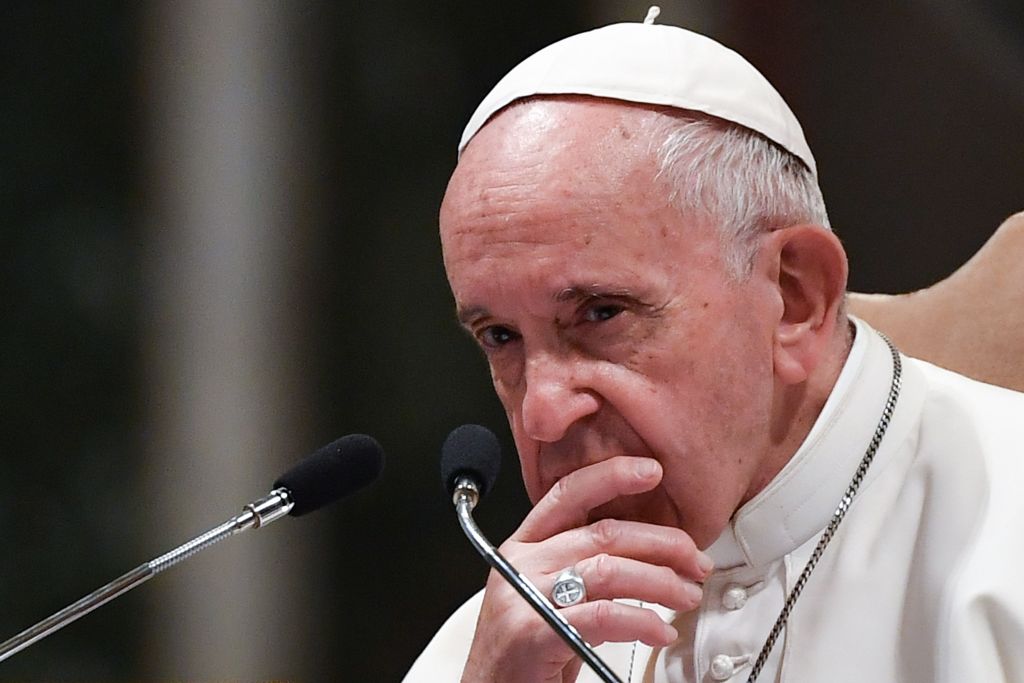 Pope Francis speaks about sex abuse scandals, Trump, and his conservatism
Pope Francis speaks about sex abuse scandals, Trump, and his conservatismSpeed Read
-
 Notre Dame is a magnificent monument to a misunderstood age
Notre Dame is a magnificent monument to a misunderstood ageThe Explainer Every now and then, the stars align to create a virtuous cycle of creative brilliance, which illuminates civilization for centuries afterwards. The great cathedral arose in such an hour.
-
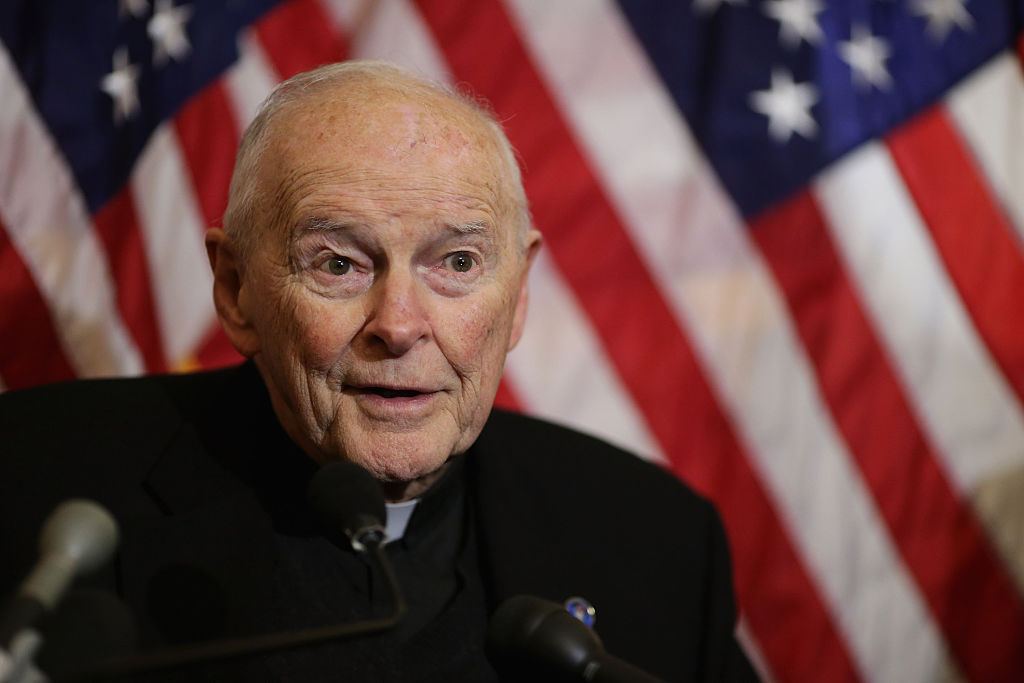 Pope Francis makes unprecedented decision in defrocking Theodore McCarrick
Pope Francis makes unprecedented decision in defrocking Theodore McCarrickSpeed Read
-
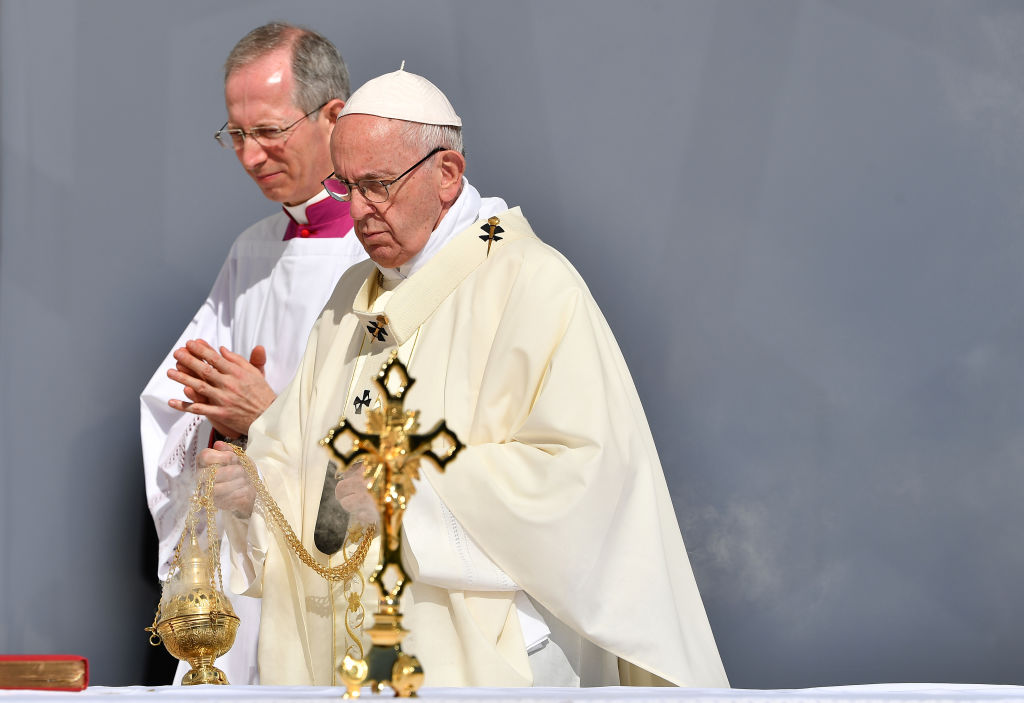 For the first time, Pope Francis publicly admits priests and bishops have sexually abused nuns
For the first time, Pope Francis publicly admits priests and bishops have sexually abused nunsSpeed Read
-
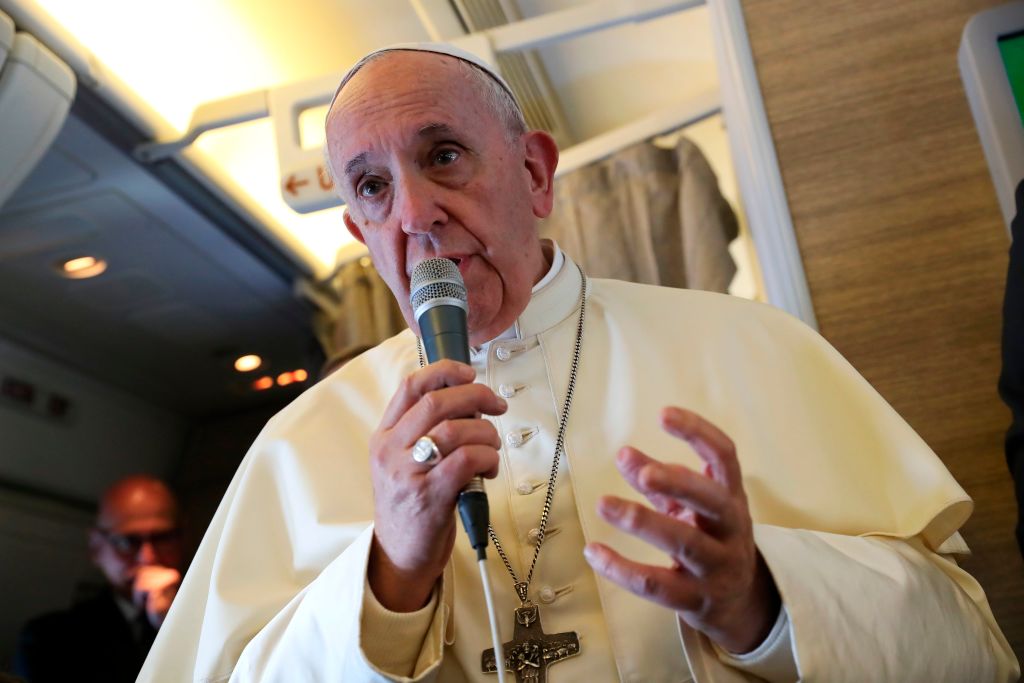 Pope Francis calls for peace in Yemen
Pope Francis calls for peace in YemenSpeed Read
-
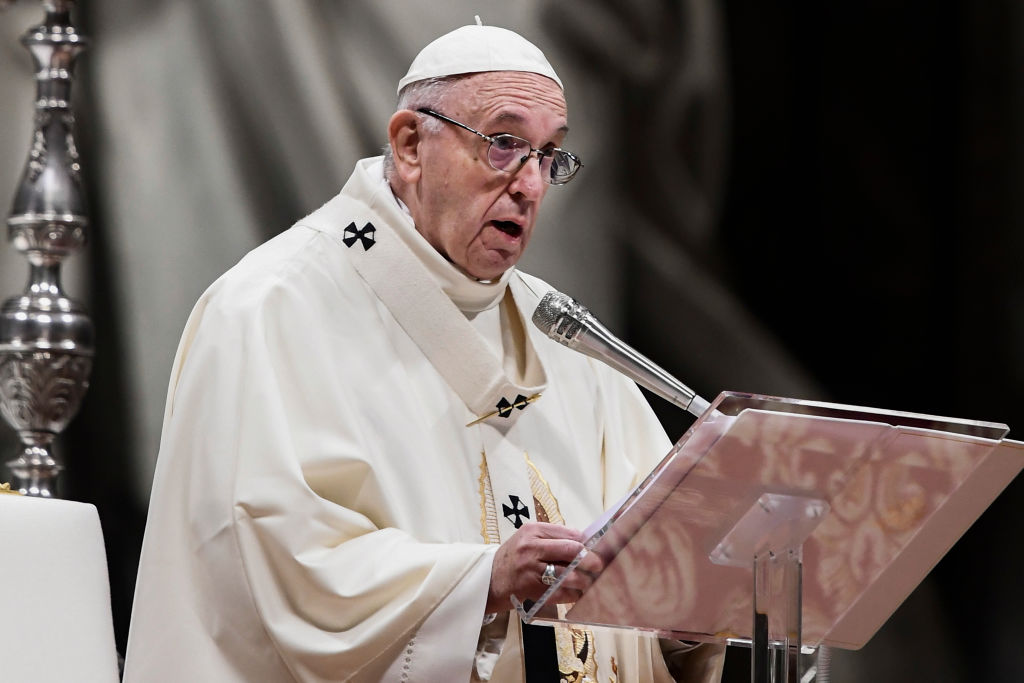 Pope Francis to abusive priests: 'Hand yourself over to human justice'
Pope Francis to abusive priests: 'Hand yourself over to human justice'Speed Read
-
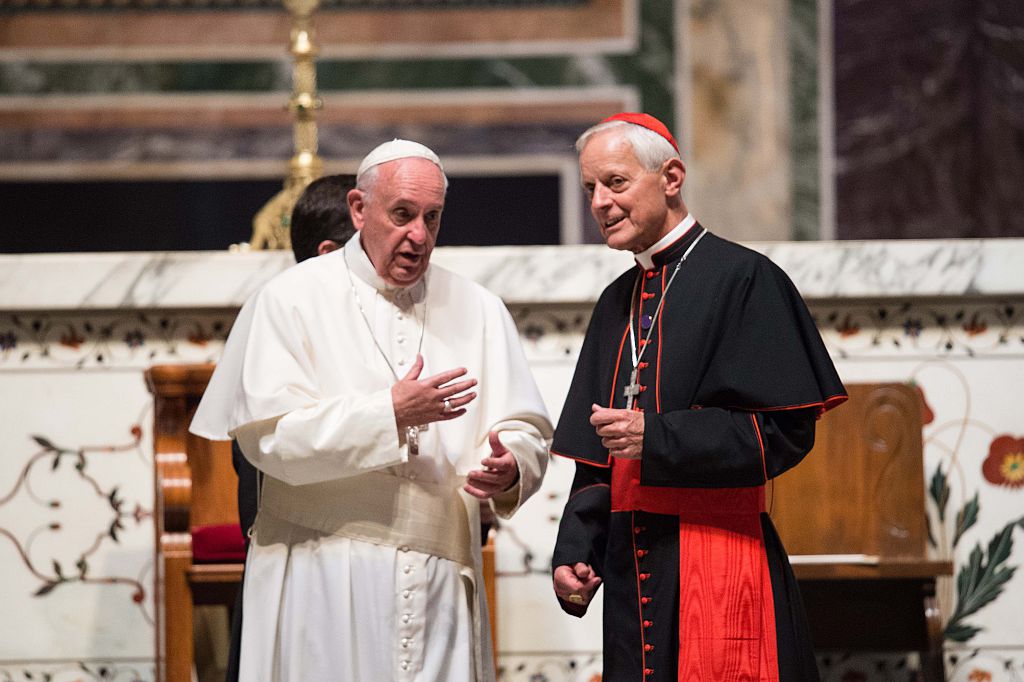 Pope Francis accepts resignation of embattled Washington Archbishop Donald Wuerl
Pope Francis accepts resignation of embattled Washington Archbishop Donald WuerlSpeed Read
-
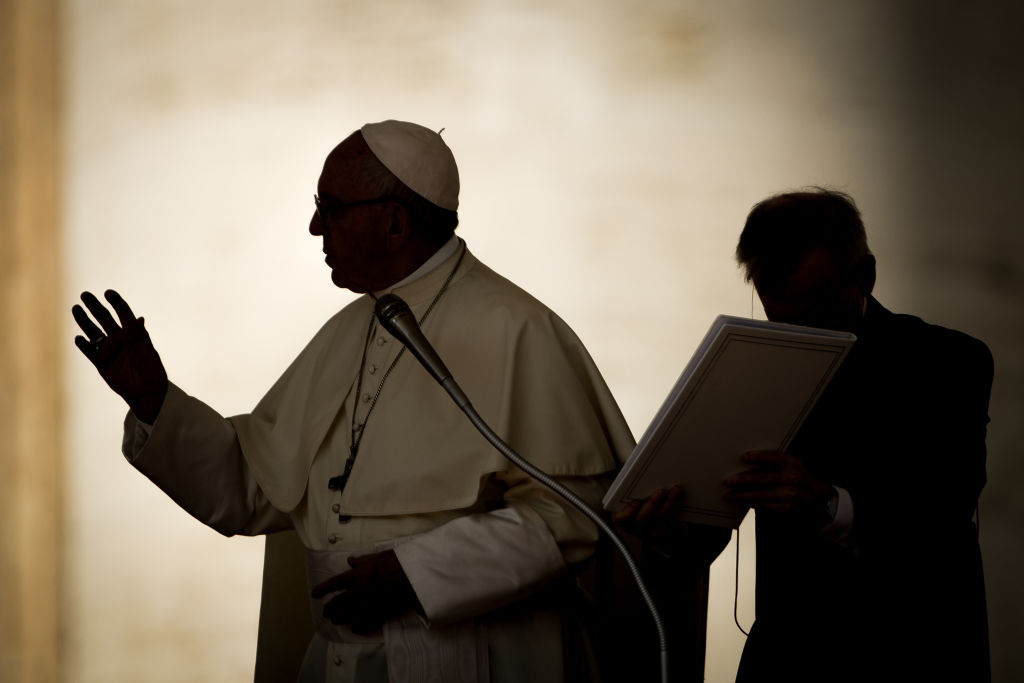 Pope Francis defrocks Chilean priest over sex abuse scandal
Pope Francis defrocks Chilean priest over sex abuse scandalSpeed Read
